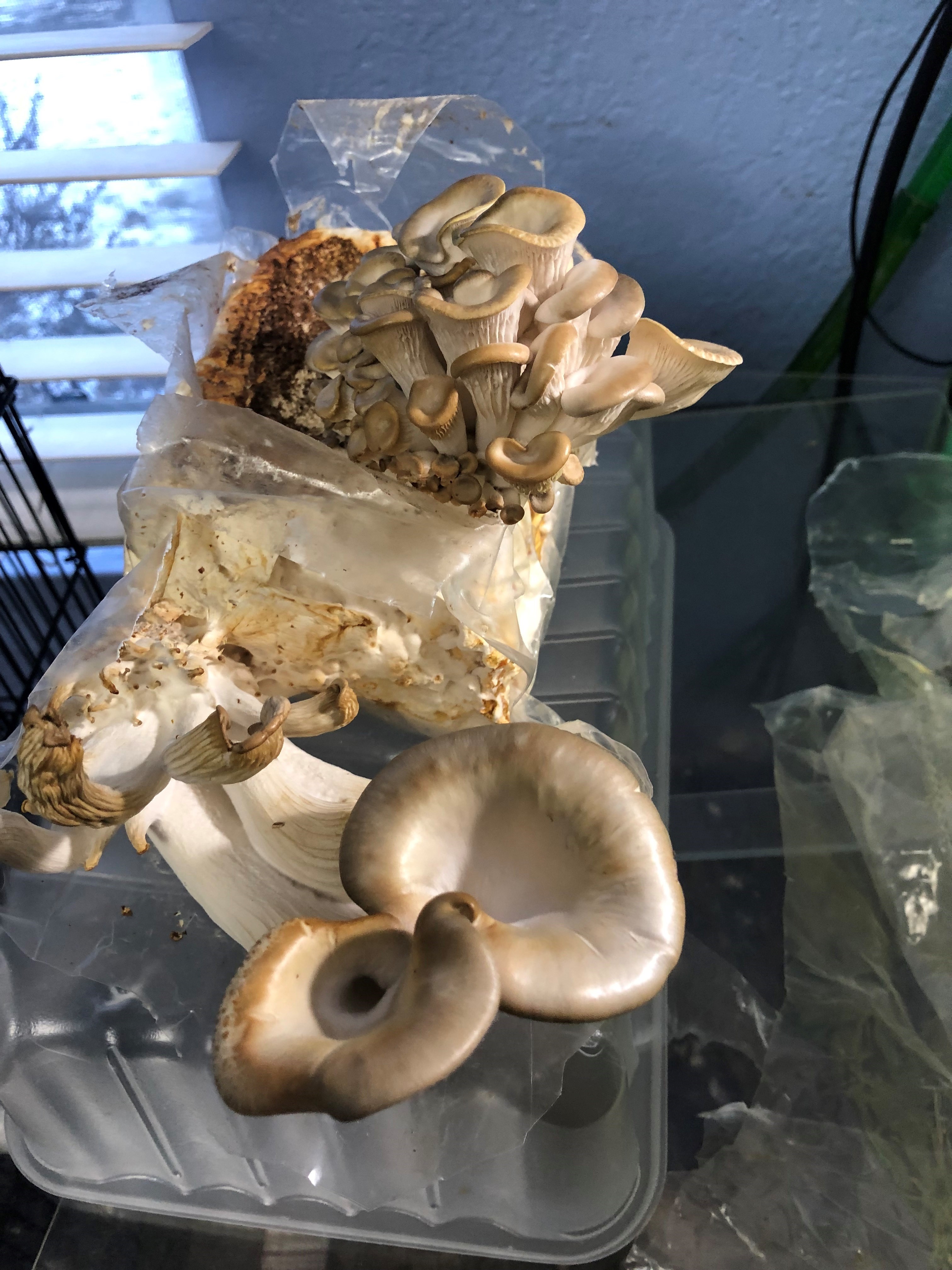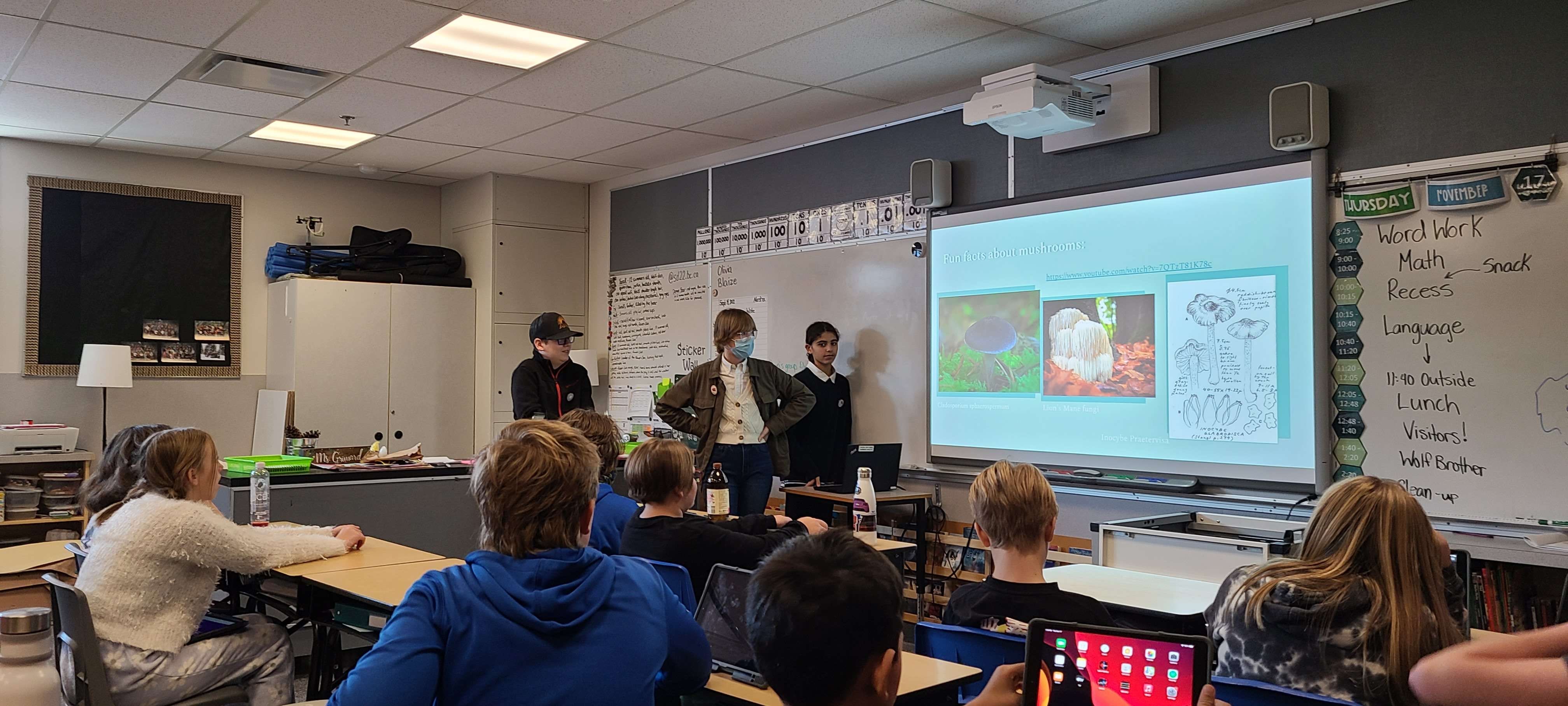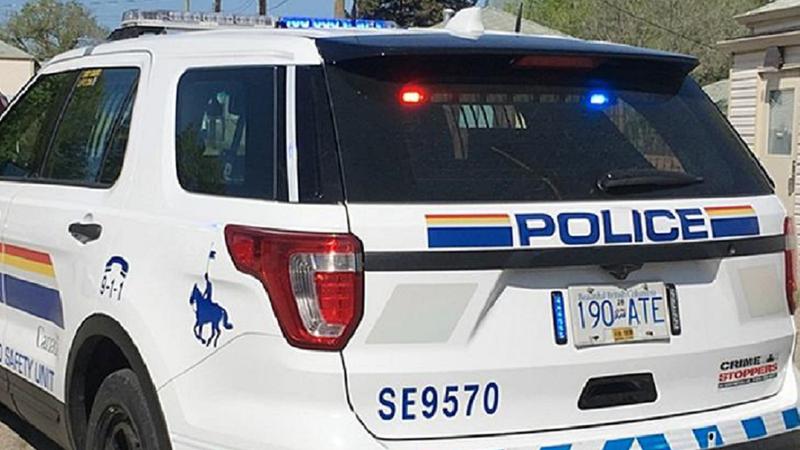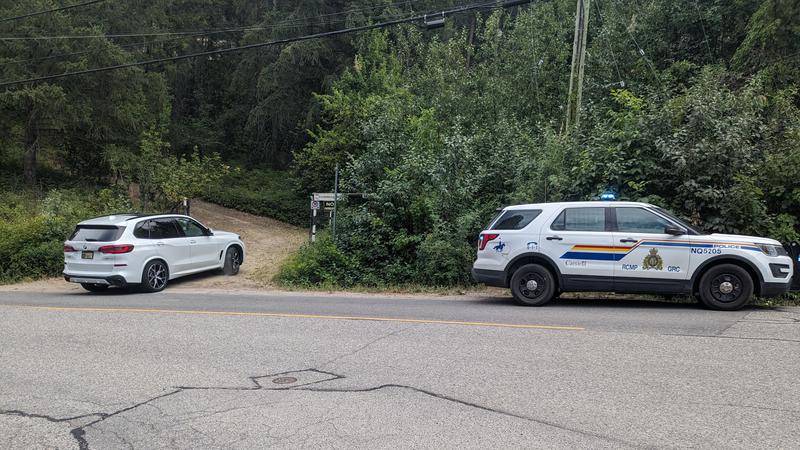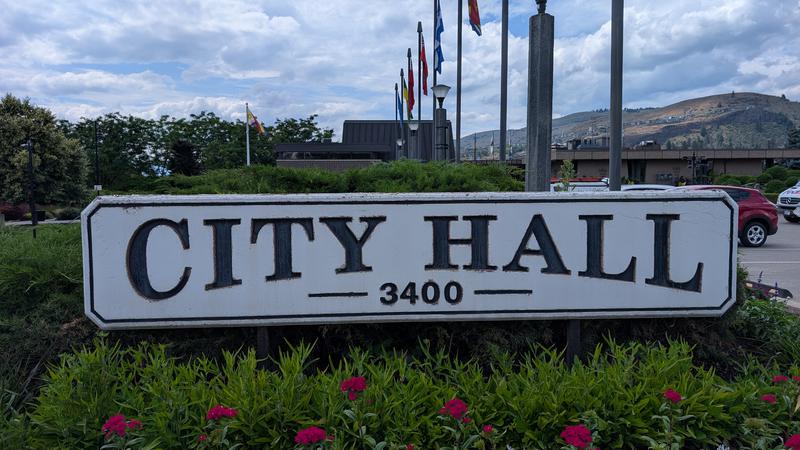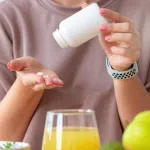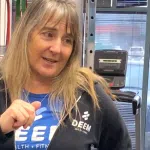
Vernon students examine ways to break down plastics using mushrooms
A group of Fulton Secondary students are exploring a natural option for plastic decomposition .
Aidan Spicer (Gr. 9), Anna MacDuff, Kayden Shaver (Gr. 10), and Jacob Adkins (Gr. 8) have partnered together to examine how different species of fungi can break down plastics in a safe and effective way.
The students are part of Awaken Inquire and Adventure Okanagan (AIAO), a nature based educational opportunity run by School District 22 that allows for cross-curricular and hands-on education on topics of interest.
Shaver explained to Vernon Matters how the fungi break down plastics.


